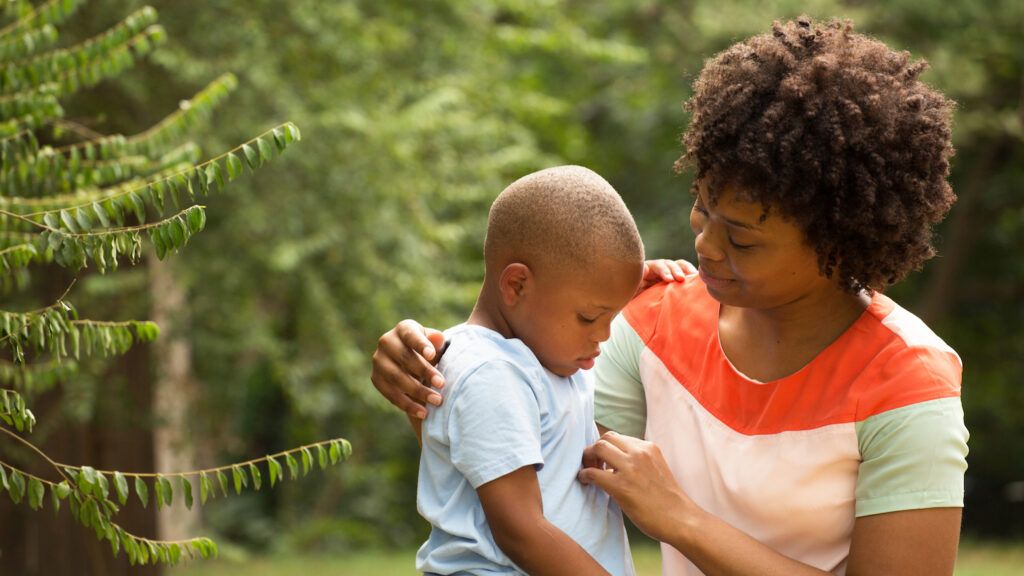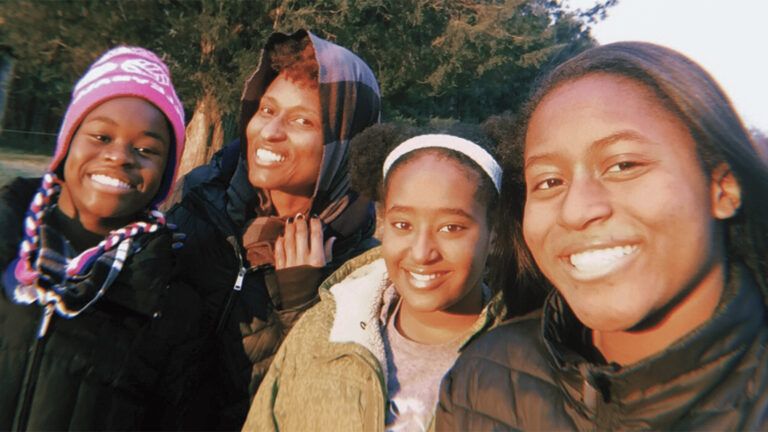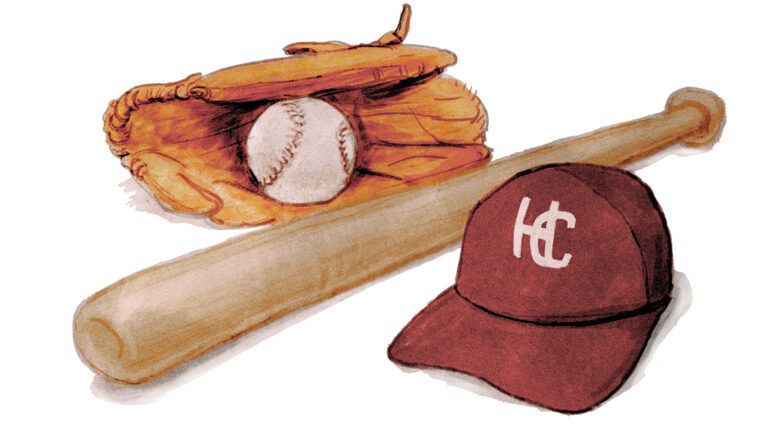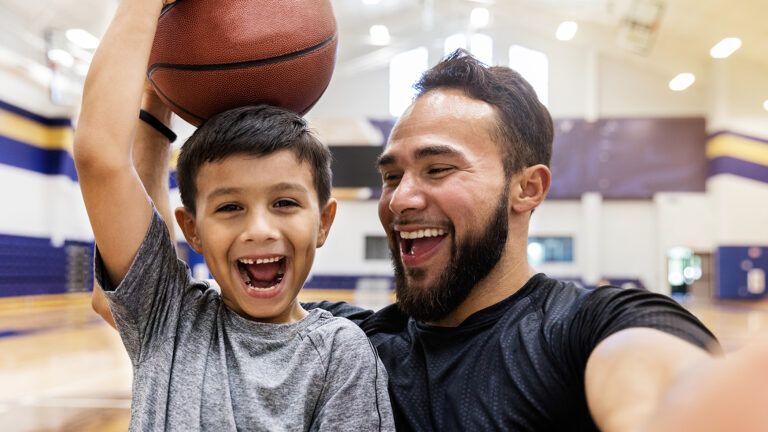I’ll never forget the first time my son Ben, now 9, learned that everything that lives will one day die. He was four years old, and he had found a dead bumblebee. “When will it be alive again?” he asked me. “It won’t,” I replied simply.
We sat still for a long moment, looking at the bee. Ben asked a series of questions, with a long pause in between each one. His questions were painful, wrenching, for me to hear. Questions like, Will I die? Will you die? Can you make me not die? Each time, I replied calmly, briefly and honestly.
Since then, our family has been through a number of losses, including a close friend of mine (and parent of Ben’s friend), Ben’s great-great-uncle and, last year, my father. In addition to the seriousness of the pandemic in general, Ben is aware of some coronavirus deaths that have struck people we know and love. And in the public realm, the death of Chadwick Boseman, star of the movie Black Panther, hit this hero-loving family very hard.
Each time we’ve had conversations about death with Ben, I’ve thought back to that moment with the bumblebee. As he continues to grow and mature, talking with him about death has always meant being honest, patient and open in the face of hard realities.
For people who are part of religious communities, faith traditions and teachings can be concrete ways to support a child through grief and loss. Our Jewish tradition, for example, offers us the framework that by remembering the goodness of people we’ve loved and lost, we carry their memories forward even when they are gone.
Simple language is also important. We consistently use the word “died” rather than terms like “passed away” to be as clear as possible about what we’re talking about. Also, the parenting aphorism to answer only the question asked, and not to overcomplicate things with questions the child has not yet asked, has helped us keep it simple and focused on what, specifically, is on his mind.
One of the hardest, but most important elements is to give lots of space to conversations about death—space for your child to ask the same questions in many different ways, including some that are weird and unexpected. And space for yourself to process what your child is going through alongside your own, valid feelings.
And speaking of your own valid feelings, don’t forget to give yourself permission to have them, to let go of ideas of “protecting” your child from the fact that you are an emotional being just like they are.
Of course, if your grief is overwhelming, you should turn to adult resources for support. But children need to know that feelings are normal, expected and welcome in your family.
I certainly did just that, shedding a few tears as I looked at my small son over that still, silent bumblebee.





